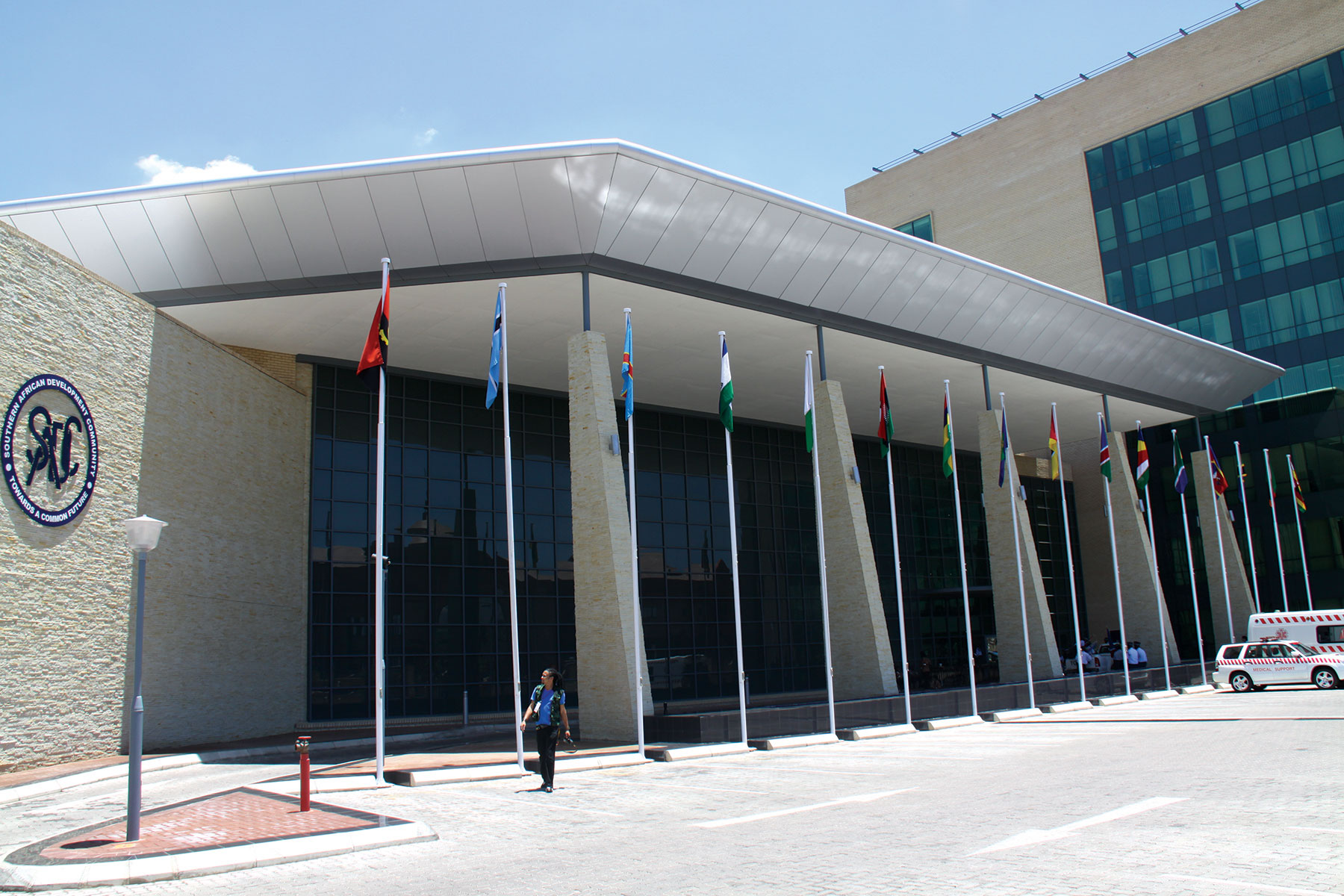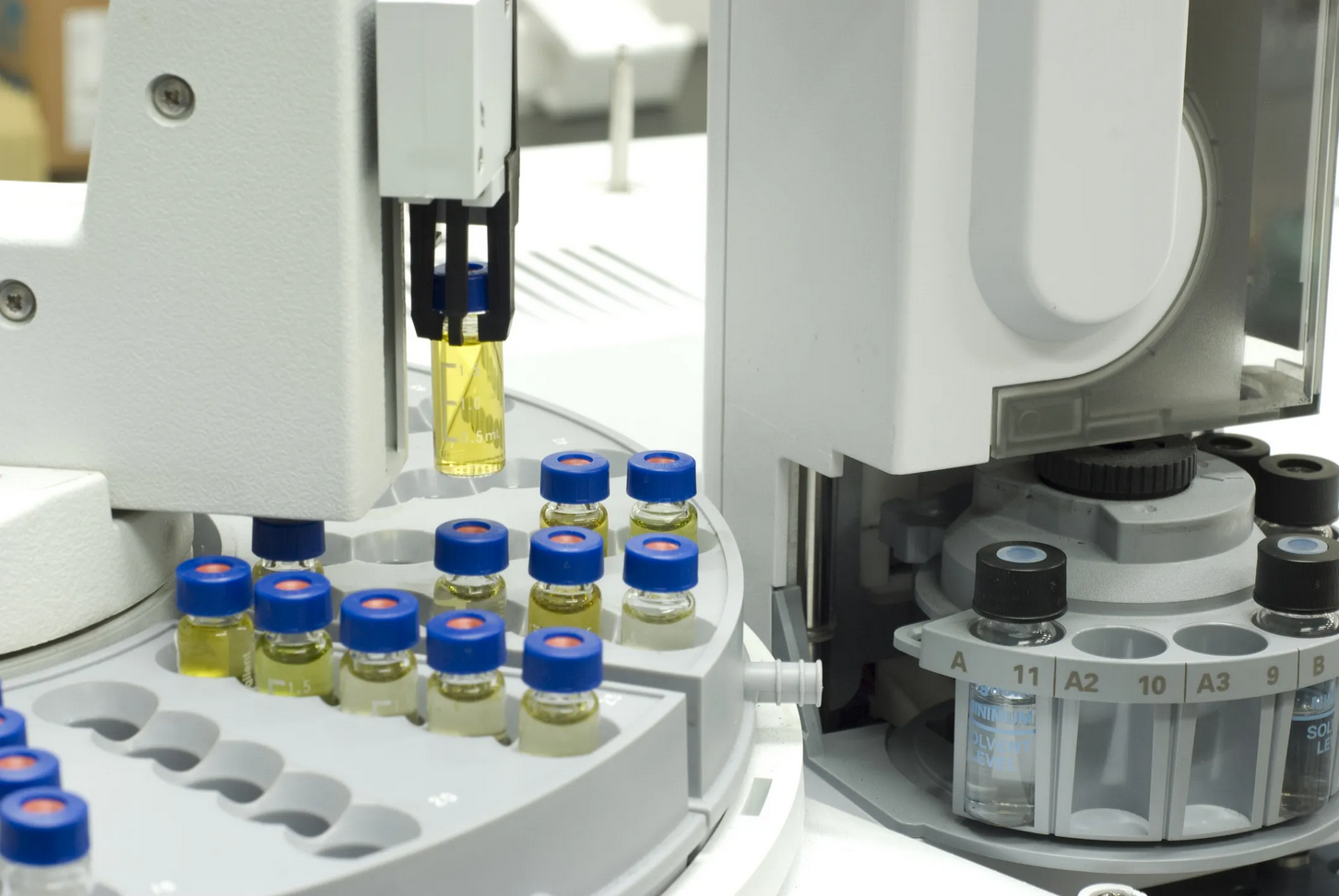 The use of accreditation is widening both in terms of greater reliance by business and regulators. Accreditation is also expanding into new sectors. In the 20th century accreditation was predominantly seen as a voluntary activity mainly for export purposes. In many economies now, accreditation has been embraced by governments as a mandatory activity in many regulated areas because of the benefits accreditation brings to help governments meet their responsibilities and safeguard the public.
The use of accreditation is widening both in terms of greater reliance by business and regulators. Accreditation is also expanding into new sectors. In the 20th century accreditation was predominantly seen as a voluntary activity mainly for export purposes. In many economies now, accreditation has been embraced by governments as a mandatory activity in many regulated areas because of the benefits accreditation brings to help governments meet their responsibilities and safeguard the public.
The international accreditation organizations ILAC and IAF together with ISO and the Independent International Organization for Certification (IIOC) have established a website www.publicsectorassurance.org to showcase different global examples where accreditation has been used to support public policy efforts. From assisting forensic science in the UK, to effective voluntary programmes in the US, to improving the delivery of food safety in Australia, to protecting consumers in the safety of products in the Gulf Coast Countries, to supporting sustainable animal health in Botswana, the site demonstrates real examples where public policy is being delivered using accreditation. Each topic contains case studies of how government and regulators have used accredited conformity assessment, plus independent published research and supporting information. A link to the public sector assurance site is provided on the SADCAS website www.sadcas.org under the window on links.
For example, in the Asia Pacific region, APEC (the Asia Pacific Economic Cooperation), endorses accreditation with the Asia Pacific Laboratory Accreditation Cooperation (APLAC) recognized as an APEC Specialized Regional Body. Accreditation is now used to underpin the conformity assessment component of the APEC agreements.
Similarly, ASEAN (the Association of Southeast Asian Nations with its 10 Members States has included accreditation in the ASEAN sectoral mutual recognition arrangement for electrical and electronic equipment as a means of meeting the mandatory requirements of each member and to facilitate the implementation of the ASEAN Free Trade Area (AFTA).
In Europe, a legal framework for the provision of accreditation services across Europe is written into regulation which recognizes the benefits of accreditation by legislating that it be used as a means to show compliance with the mandatory requirements. The regulation came into effect in January 2010 and covers the operation of accreditation in support of voluntary conformity assessment as well as conformity assessment required by legislation. The regulation also recognizes the European cooperation for Accreditation (EA) as the coordinating organization for the national European accreditation infrastructure.
In the Americas regulators and governments are increasingly relying on results from accredited laboratories to meet their mandatory requirements in areas as diverse as food safety, environmental protection, toy safety and the quality of concrete, steel, electrical products and a variety of other products and services. The respective regulators have all made accreditation a core element of their policy making strategy. The Inter American Accreditation Cooperation (IAAC) is committed to disseminating the concepts and advantages of accreditation and is responsible for ensuring that accreditation bodies in the region operate their programs to stringent international requirements.
In New Zealand and as part of the Government’s support of their food industry export drive, the Ministry for Primary Industries requires all animal products (dairy, meat, fish even honey etc.) to be tested in an accredited laboratory. Similarly the New Zealand, Health Act requires that drinking water for domestic consumption be tested in an accredited laboratory.
The Hong Kong Housing Authority builds an average of 20,000 flats per year for the public sector of Hong Kong. The quality of building materials and components is a prime concern to the Housing Authority and the industry since rework of any non-complying building products would have time & cost implications to the housing projects. The Housing Authority specifies the requirement to use certified products for ten major building materials in its construction projects. Accredited product certification provides a reliable means for assuring production quality throughout the whole production process from incoming raw materials, production, inspection, sample selection and testing.
In the SADC region and within the health sector a number of countries in the region have recognized the importance of medical laboratory systems as an integral part of the health delivery system and have in their policies embraced accreditation as a strategy for the competence of medical laboratories. Programs have been put in place to assist medical laboratories to implement ISO 15189. Out of the 51 facilities accredited by SADCAS, 27% (14) are medical laboratories from Botswana (6), Eswatini (1), Tanzania (5) and Zimbabwe (2). Another 15 medical laboratories are accredited by SANAS from Botswana (5), Namibia (9) and Zimbabwe (1) bringing the total number of accredited medical laboratories in the 13 Member States serviced by SADCAS to 29. SADCAS is witnessing an increasing interest in the Medical Laboratories Accreditation Program (MLAP) with 8 out of the 33 applications under process being from medical laboratories. The SADCAS MLAP was established in June 2010 and is a multi - disciplinary accreditation program operated in accordance with ISO/IEC 17011 the international standard that accreditation bodies have to comply with for international recognition.

Within the occupational health and safety sector and in order to have confidence in the data generated by inspection bodies in Zimbabwe, the National Social Security Authority (NSSA) under which the Factories and Works Inspectorate falls hence the regulator requires all inspection bodies to be accredited in accordance with ISO/IEC 17020 in order to be registered as an independent inspection authority. Following the requirement by NSSA, SADCAS has received 9 accreditation applications from inspection bodies operating in Zimbabwe. Four of the inspection bodies have already been accredited on the SADCAS Inspection Bodies Accreditation Programme and registered as inspection authorities by NSSA. A number of inspection bodies are still under process. A Memorandum of Understanding (MOU) spells out the operational relationship between SADCAS as the accreditation body and NSSA the delegated authority for occupational health and safety issues in Zimbabwe with the Ministry of Labour as the responsible authority. According to the MOU SADCAS main obligation is to provide the regulator with an accreditation system based on verifying competence whilst the Regulator’s main obligation is to grant approval to inspection bodies based on their accreditation status. This close cooperation between the regulator and the accreditation body is essential to ensure that the service delivered by SADCAS as the accreditation body and the accredited conformity assessment body community is meeting the needs and expectations of the regulators. The SADCAS Inspection Bodies Accreditation Program was established in June 2010 and SADCAS is working towards international recognition of this programme. Meanwhile the credibility of the programme hinges on the Twinning Partnership Arrangement with the South African National Accreditation System.
In supporting sustainable animal health a number of Central Veterinary Laboratories from Botswana, Namibia and Zimbabwe are accredited under the Testing Laboratories Accreditation Programme. The Botswana Vaccine Institute (BVI) is a public company established through the technical cooperation between MERIAL, a leader in the research, manufacture and supply of livestock vaccines, and the Botswana Government. Accredited testing and certification ensures the quality of the vaccines that they manufacture, generates internal efficiencies, reduces waste and saves money. It also improves market access, confidence and the eligibility for new tenders, which is demonstrated by year-on-year growth. Two thirds of all vaccines produced at BVI are exported annually to over 15 countries in Africa and the Middle East.
Within the food sector a number of regulatory bodies have had their testing laboratories accredited e.g. in Tanzania, where the Tanzania Food and Drug Authority and Tanzania Bureau of Standards, in Zambia where Zambia Bureau of Standards, in Botswana where the Botswana Bureau of Standards - Microbiology Laboratory and Namibia, Zimbabwe, Botswana where the Central Veterinary Laboratories have been accredited. Within the environment sector a number of environmental testing laboratories have been accredited by SADCAS in Botswana, Seychelles and Zimbabwe. Testing laboratories constitute 47% of SADCAS accreditations with another 19 applicants (58%) under process. Whilst there are regulations to support these sectors, there are no requirements as such for accreditation. The SADCAS Testing Laboratories Accreditation Program was established in October 2009 and together with the Calibration Laboratories’ Accreditation program are internationally recognized.



